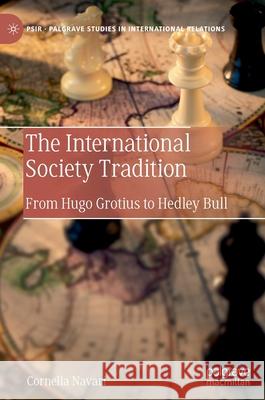The International Society Tradition: From Hugo Grotius to Hedley Bull » książka
topmenu
The International Society Tradition: From Hugo Grotius to Hedley Bull
ISBN-13: 9783030770174 / Angielski / Twarda / 2021 / 190 str.
The International Society Tradition: From Hugo Grotius to Hedley Bull
ISBN-13: 9783030770174 / Angielski / Twarda / 2021 / 190 str.
cena 605,23
(netto: 576,41 VAT: 5%)
Najniższa cena z 30 dni: 539,74
(netto: 576,41 VAT: 5%)
Najniższa cena z 30 dni: 539,74
Termin realizacji zamówienia:
ok. 22 dni roboczych
Bez gwarancji dostawy przed świętami
ok. 22 dni roboczych
Bez gwarancji dostawy przed świętami
Darmowa dostawa!
Kategorie BISAC:
Wydawca:
Palgrave MacMillan
Seria wydawnicza:
Język:
Angielski
ISBN-13:
9783030770174
Rok wydania:
2021
Wydanie:
2021
Numer serii:
000534411
Ilość stron:
190
Waga:
0.39 kg
Wymiary:
21.01 x 14.81 x 1.27
Oprawa:
Twarda
Wolumenów:
01
Dodatkowe informacje:
Wydanie ilustrowane











